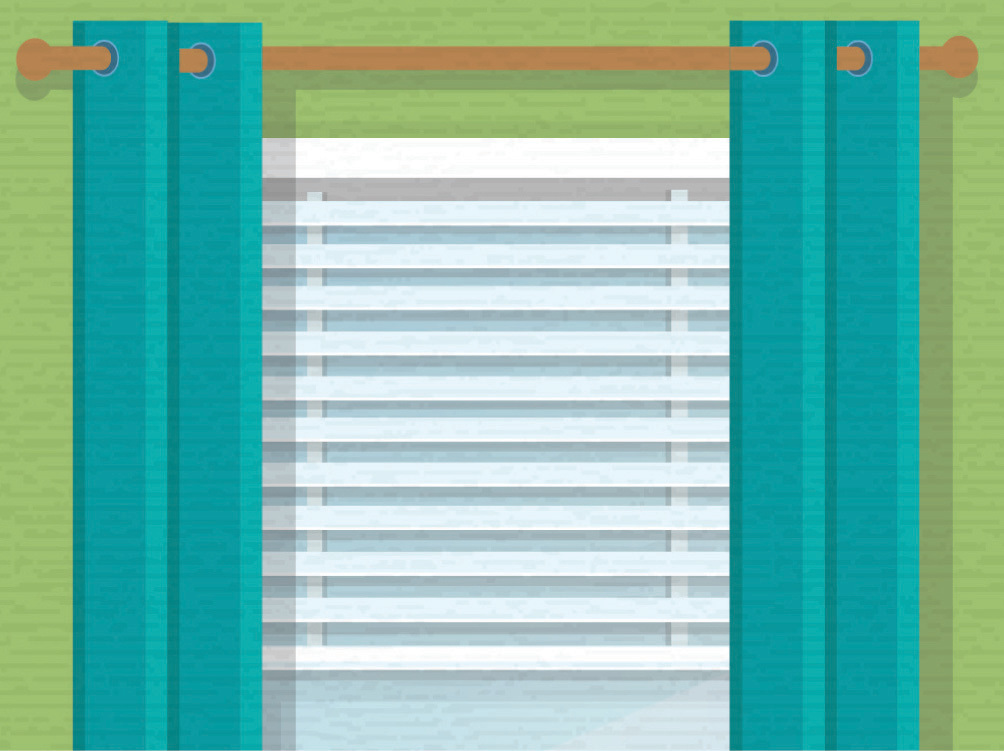These strategies will help you save energy and keep costs down during the summer when the weather is warm and you are trying to keep your home cool.

Use your windows to keep out heat
- Install window coverings to prevent heat gain through your windows during the day.
Operate your thermostat efficiently
- Set your thermostat at a comfortable temperature and provide humidity control if needed. Your overall cooling bill will be lower if there is little difference between the indoor and outdoor temperatures.
- Keep your house warmer than usual when you are away, and lower the thermostat setting when you return home and need cooling. A programmable thermostat allows you to do this automatically and without sacrificing comfort.
- Avoid setting your thermostat at a colder setting than normal when you first turn on your air conditioner. It will not cool your home any faster and could result in excessive cooling and unnecessary expense.
Keep your cooling system running efficiently
- For maximum energy affordability, schedule regular maintenance for your cooling equipment.
- Avoid placing lamps or TV sets near your room air-conditioning thermostat. The thermostat senses heat from these appliances, which can cause the air conditioner to run longer than necessary.
- Vacuum your air intake vents regularly to remove any dust buildup. Ensure that furniture and other objects are not blocking the airflow through your registers.
Consider a range of appliances and lighting options
- Consider lighting options that operate at cooler temperatures.
- Take advantage of daylight instead of artificial lighting, but avoid direct sunlight.
- Wash full loads of dishes and clothes for better effi ciency.
Keep hot air from leaking into your home
- Seal cracks and openings to prevent warm air from leaking into your home.
- Be mindful of your attic and crawlspace. These areas can have air leaks.
- Add caulk or weatherstripping to seal air leaks around doors and windows.
Lower your water heating costs
- Water heating accounts for about 18% of the energy consumed in your home.
- The Consumer Product Safety Commission recommends setting your water heater at no more than 120 F to prevent scalding. The lower setting will also conserve energy and save money.



